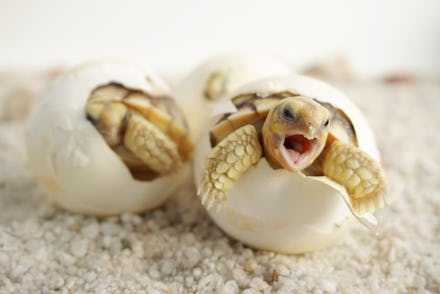What happens to research animals as coronavirus closes laboratories?

With coronavirus lockdowns in place all over the world, universities and other facilities are quickly shutting down their labs to quell the spread of the disease. But one demographic that isn't often discussed is the animals left behind in those institutions.
As Nature points out, there are a few particularly stressful situations facing research facilities across the world. While some scientists can simply take on the task of caring for subjects, that isn't always the case, and before this pandemic is over many animals will likely have to be put down.
A researcher at Oregon Health & Science University in Portland, for example, was forced to euthanize two-thirds of the mice in the care of her lab because she simply couldn't sterilize or care for the animals properly under the restrictions created by coronavirus. A research team at the Memorial Sloan Kettering Cancer Center had to do much the same after being told to make the decision of designating no more than 60% of its animal population as "essential" during these difficult times.
Other teams have simply turned to releasing their animals back to the wild instead of culling them, which was the case with fish biologist Soloman David, from Nicholls State University in Thibodaux, Louisiana. He and his team released 48 wild spotted gar they had collected back into the bayou in lieu of collecting their embryos as planned.
Luckily, there are still situations in which these difficult options aren't something researchers have to consider. Certain facilities with staff who live close by have been able to manage the animals under their care, as not much has changed even with social distancing protocol in place. Italy's University of Milan, despite the city being a hotbed for coronavirus activity, has been able to maintain its collection of around 10,000 mice, rabbits, and frogs during this time without having to euthanize.
The university, according to animal welfare manager Giuliano Grignaschi, wants researchers able to get straight back to work so that they can attempt to find resolutions for a litany of other problems beyond the coronavirus pandemic. "There are so many patients with other kinds of problems that are still waiting for the cure," he added.
Unfortunately, not every facility is able to care for its animals while under lockdown. While some scientists are taking their animals home or figuring out other arrangements to provide the best level of care they can, the sad fact remains that a good portion of these creatures will become additional, unsung casualties of the pandemic.